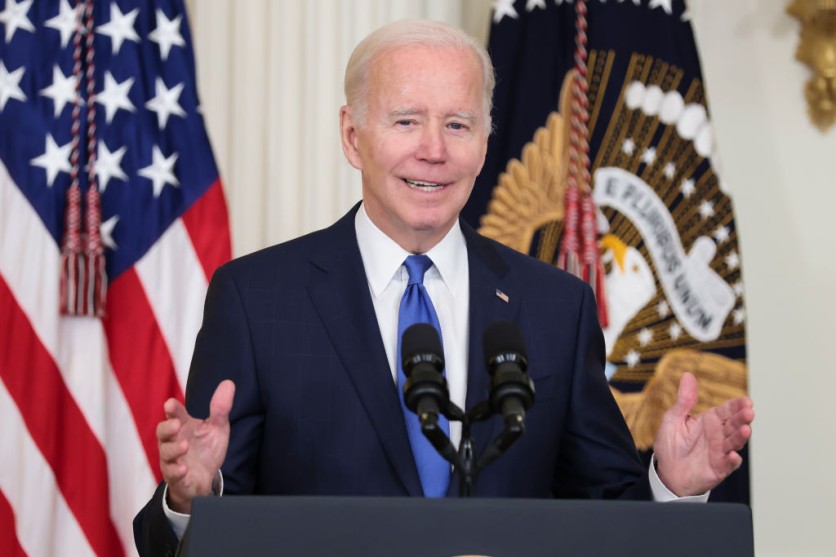The US and Japan have struck a deal for battery minerals, as reported by Reuters. The deal may allow Japanese electric vehicles better access to the US EV tax credits outlined in the Inflation Reduction Act (IRA).

Japan found a way around the IRA requirements, and the agreement was signed by US trade representative Katherine Tai and Japanese ambassador to the US, Koji Tomita.
With the agreement, it can help Japan to be added to the list of free trade countries that can extract or process critical minerals in EV batteries.
Currently, the US is also negotiating a similar agreement with the European Union.
Also read: Japan, Netherlands Join US in Chip War Against China
The IRA
The Inflation Reduction Act is a bill that was introduced in the US Senate in 2021 with the goal of reducing inflation and improving economic stability. One of the provisions of the bill is a tax credit for electric vehicle (EV) manufacturers, which aims to encourage the production and adoption of EVs in the US.
The tax credit for EV manufacturers is intended to incentivize the production of EVs by providing a tax credit of up to $7,500 for each qualifying vehicle sold.
The tax credit applies to the first 600,000 qualifying vehicles sold by each manufacturer, after which the credit begins to phase out. This provision is similar to the tax credit that was offered to Tesla and General Motors, which has since expired.
The tax credit for EV manufacturers is an important provision of the Inflation Reduction Act because it can help to accelerate the transition to electric vehicles, which are more environmentally friendly and can help to reduce reliance on fossil fuels. By incentivizing the production and adoption of EVs, the tax credit can help to reduce greenhouse gas emissions and improve air quality.
In addition to the tax credit for EV manufacturers, the Inflation Reduction Act includes several other provisions aimed at reducing inflation and improving economic stability. These provisions include measures to reduce government spending, increase transparency in government financial reporting, and improve the regulation of digital currencies.
The Inflation Reduction Act has received mixed reviews from lawmakers and industry experts. Supporters of the bill argue that it is necessary to address inflation and promote economic stability, while critics argue that the tax credit for EV manufacturers is too costly and that other measures should be taken to address inflation.
Despite the controversy surrounding the Inflation Reduction Act, the tax credit for EV manufacturers is an important provision that can help to accelerate the transition to electric vehicles. As more and more automakers begin to produce EVs, the tax credit can help to level the playing field and encourage competition in the market. This, in turn, can help to drive down prices and make EVs more accessible to consumers.
The Inflation Reduction Act is a bill that includes several provisions aimed at reducing inflation and improving economic stability. The tax credit for EV manufacturers is an important provision that can help to incentivize the production and adoption of electric vehicles in the US.
While the bill has received mixed reviews, the tax credit for EV manufacturers is an important step towards reducing greenhouse gas emissions and improving air quality.
Related article: US Inflation Reduction Act Aims To Use 'Carbon Capture Tech' To Reduce Emissions

ⓒ 2026 TECHTIMES.com All rights reserved. Do not reproduce without permission.




